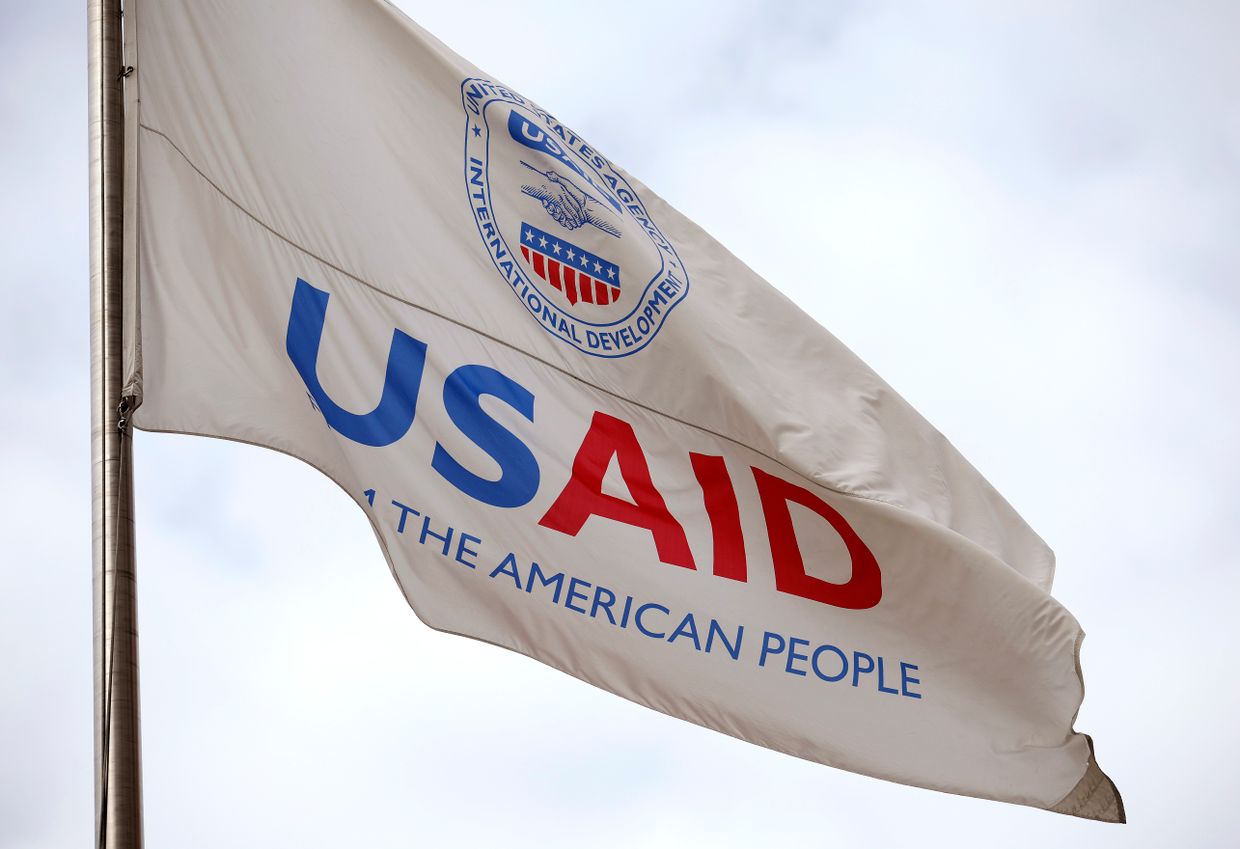USAID officially ends operation, remaining programs moved under State Department

USAID officially stopped implementing foreign assistance as of July 1, as the Trump administration seeks to realign international aid with its policies, U.S. Secretary of State Marco Rubio announced.
"Foreign assistance programs that align with administration policies — and which advance American interests — will be administered by the State Department," Rubio said in a statement on Substack.
The Trump administration has set its sights on the U.S.'s chief foreign aid agency, accusing it — despite little evidence — of fraud and of promoting a "liberal" or "leftist" agenda. Roughly 83% of USAID's programs, or around 5,200 contracts, were terminated in March, and thousands of workers were laid off.
Founded in 1961, USAID has played a crucial role in humanitarian relief worldwide and has overseen thousands of programs supporting democracy-building, human rights, and economic development.
"USAID had decades and a near-infinite taxpayer budget to advance American influence, promote economic development worldwide, and allow billions to stand on their own two feet," Rubio said.
"Beyond creating a globe-spanning NGO industrial complex at taxpayer expense, USAID has little to show since the end of the Cold War."
Contradicting Rubio's comments, experts and former U.S. officials have criticized the decision and pointed to potentially devastating humanitarian consequences. Research by The Lancet estimated that USAID funding cuts could result in 14 million deaths by 2030, including 4.5 million children younger than 5.
"We will not apologize for recognizing America's longstanding commitment to life-saving humanitarian aid and promotion of economic development abroad must be in furtherance of an America First foreign policy," Rubio said.
The chief U.S. diplomat presented the step as part of President Donald Trump's broader policies aimed at requiring international allies and partners to pay a greater share for projects around the world.
"Americans should not pay taxes to fund failed governments in faraway lands. Moving forward, our assistance will be targeted and time limited. We will favor those nations that have demonstrated both the ability and willingness to help themselves," Rubio said.
Since the start of Russia’s full-scale invasion, USAID has provided $2.6 billion in humanitarian aid to Ukraine, as well as $5 billion in development assistance and more than $30 billion in direct budget support to Kyiv.
 The Kyiv IndependentDominic Culverwell
The Kyiv IndependentDominic Culverwell